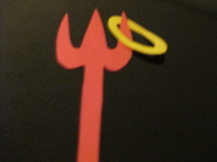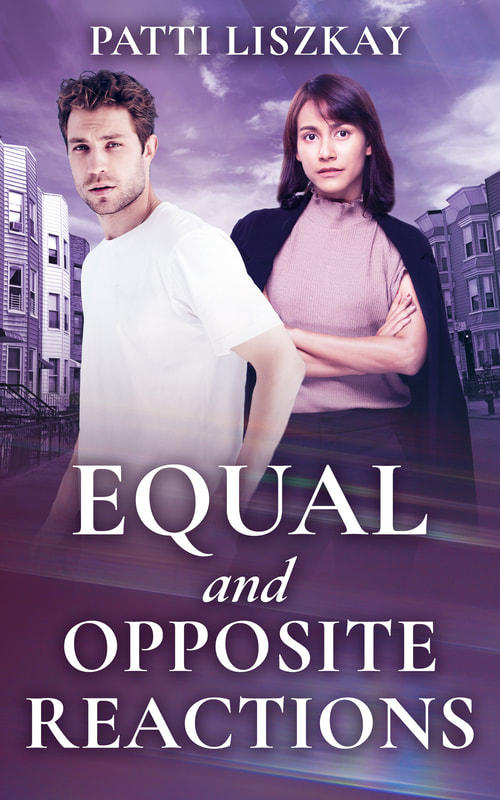|
So I guess the yang to the yin of "Breaking Bad" would be "My Name Is Earl," another television show I once had a brief but intense fling with.
The story line of this show centered around a luckless bottom-feeder named Earl Hickey who is hit by a car and while lying in a hospital bed watching a TV show about karmic retribution decides to turn his life around. From then on his life's calling becomes to right every wrong he's ever done to anyone. break good (brak gud) 1. To do a good deed, say a kind word, or engage in some other form of admirable behavior that sharply contrasts with one's typical or expected offensive behavior. 2. To turn one's life around for the better. (That's as close a definition as I can come up with in a few words). Breaking good is a bit more complicated than breaking bad. Because, as Earl discovered, once you've acquired a nasty reputation people are slow to accept, if they ever accept at all, that you might actually be capable of good intentions. Especially those people who were hurt or offended by your former words or deeds. We don't like bad things happening to good people; we're likewise not particularly crazy about good things happening to bad people. Ditto hearing that people we've decided are bad have been caught doing good things. Because once we've formed a negative opinion about a person on a personal level, whether the person has offended us or just rubbed our sensibilities the wrong way by their behavior, we tend to have scant interest in seeing our negative opinion negated. When we've sentenced a person to the dark side in our mind we have no desire to see them cast in a positive light. After we've categorized and boxed someone in they sometimes have to punch long and hard at the walls before we'll let them out. If we're big enough to ever even let them out. On the other hand, as Earl also learned, an apology and an act of generosity are always always good first steps.
1 Comment
Romaine
1/21/2014 03:51:46 am
One the things I've learned from my neuroscience studies is that a negative thought has a 10 times stronger affect than a good thought. So from a cognative perspective we have to work much harder to display negative thoughts once they arise. Probably has an evolutionary basis that helped us survive back when we were cavemen. Not so useful now.
Reply
Leave a Reply. |
"Tropical Depression"
by Patti Liszkay Buy it on Amazon: https://www.amazon.com/dp/B0BTPN7NYY "Equal And Opposite Reactions"
by Patti Liszkay Buy it on Amazon: http://amzn.to/2xvcgRa or from The Book Loft of German Village, Columbus, Ohio Or check it out at the Columbus Metropolitan Library
Archives
July 2024
I am a traveler just visiting this planet and reporting various and sundry observations,
hopefully of interest to my fellow travelers. Categories |







 RSS Feed
RSS Feed